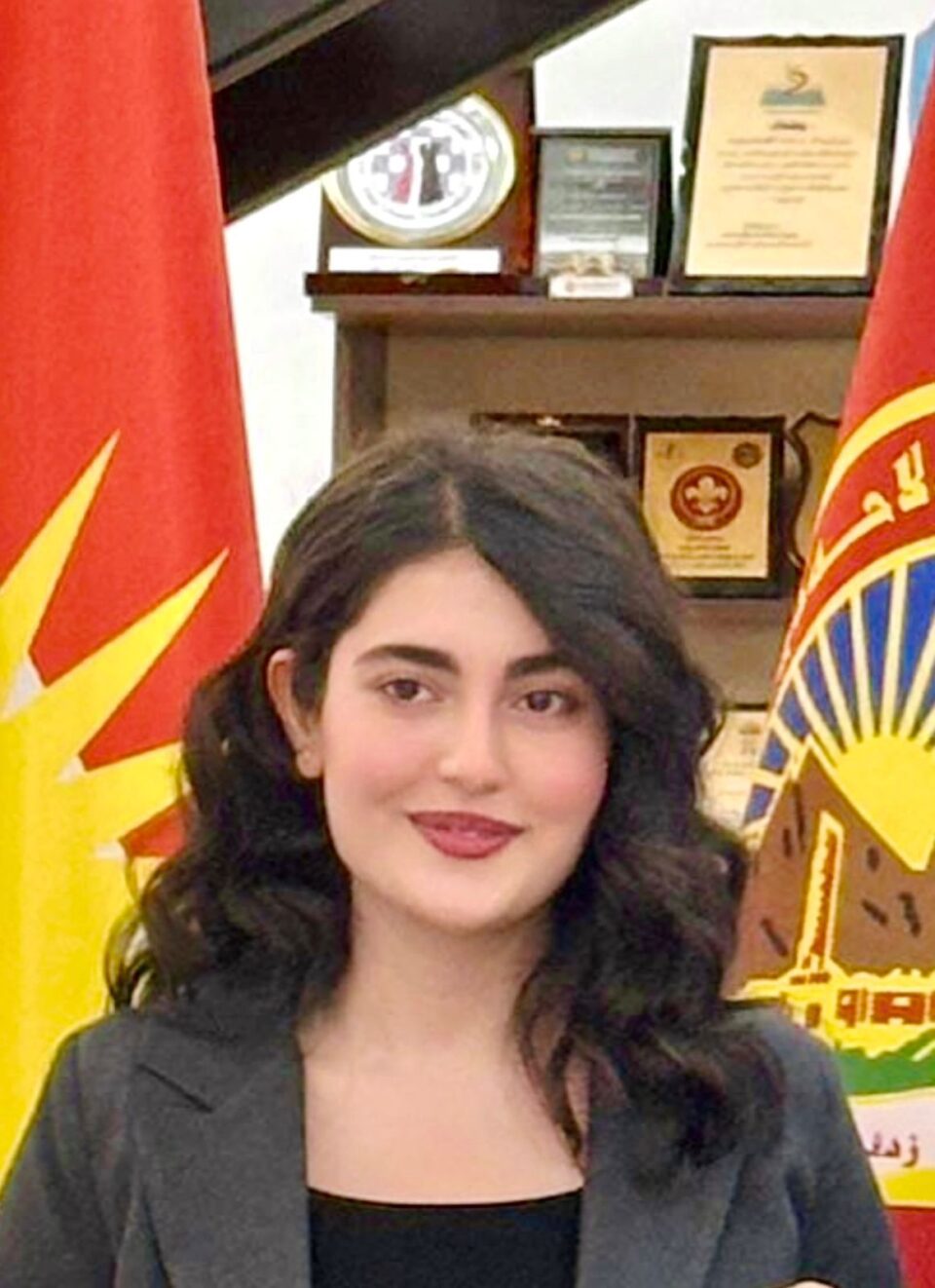By Awesta Ali Mohammed
The Kurdish people have long been recognized for their commitment to fostering a culture of tolerance, diversity, and protection for religious minorities in the Middle East. This history of pluralism is rooted in the distinct socio-cultural fabric of Kurdistan, which, despite its turbulent surroundings, has remained a region where religious diversity is not only accepted but embraced. The Kurdish role in safeguarding the rights and safety of minority communities has therefore become an essential part of their identity, resonating both within Kurdistan and beyond.
Historically, Kurdistan has been home to a multitude of faiths, including Yazidis, Christians, Jews, and Zoroastrians, as well as Muslims of various denominations. This diversity has shaped Kurdish society into a mosaic that celebrates coexistence as an essential virtue. The Kurdish value of hospitality and respect towards others’ beliefs stands as a testament to their commitment to pluralism, a legacy passed down through generations. Kurdistan’s autonomous region in Iraq, for example, has offered protection and refuge to vulnerable minority groups escaping persecution, such as during the rise of ISIS when Yazidis and Christians found safety within Kurdish-controlled areas.
Kurdish leaders have often emphasized this protective role as central to Kurdish identity. Kurdish political and cultural leadership understands that supporting religious minorities is not just a moral obligation but also a strategic one. By fostering inclusivity, the Kurdish authorities have strengthened societal cohesion, ensuring stability within the region. The Kurdistan Regional Government (KRG) has worked to implement legal frameworks to protect minority rights, which include freedom of religion and the right to cultural expression. Such policies demonstrate the KRG’s commitment to institutionalizing tolerance in ways that ensure minorities can live without fear of repression.
Moreover, this protection of minorities reflects an understanding among Kurds of their own experiences of oppression and statelessness, creating a sense of solidarity with other marginalized communities. The Kurdish approach to minority rights is influenced by a collective memory of historical persecution, positioning them as natural allies to other vulnerable groups within the region. This ethos has garnered international recognition, with many humanitarian organizations praising the Kurds for their humanitarian efforts.
In conclusion, the Kurdish role in protecting religious minorities is an enduring legacy that underscores their dedication to pluralism and tolerance. This commitment not only preserves the cultural richness of Kurdistan but also positions it as a beacon of coexistence within the Middle East. The Kurdish people’s continued advocacy for the rights of all faiths remains vital for peace, reinforcing a legacy that honors diversity amidst adversity.

